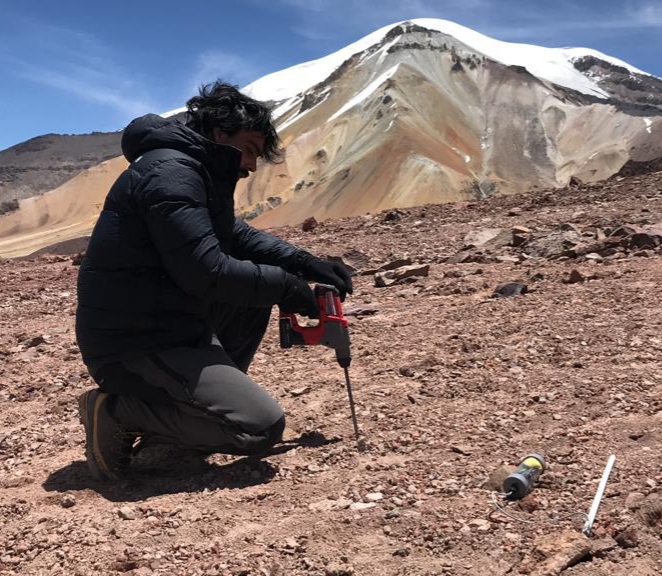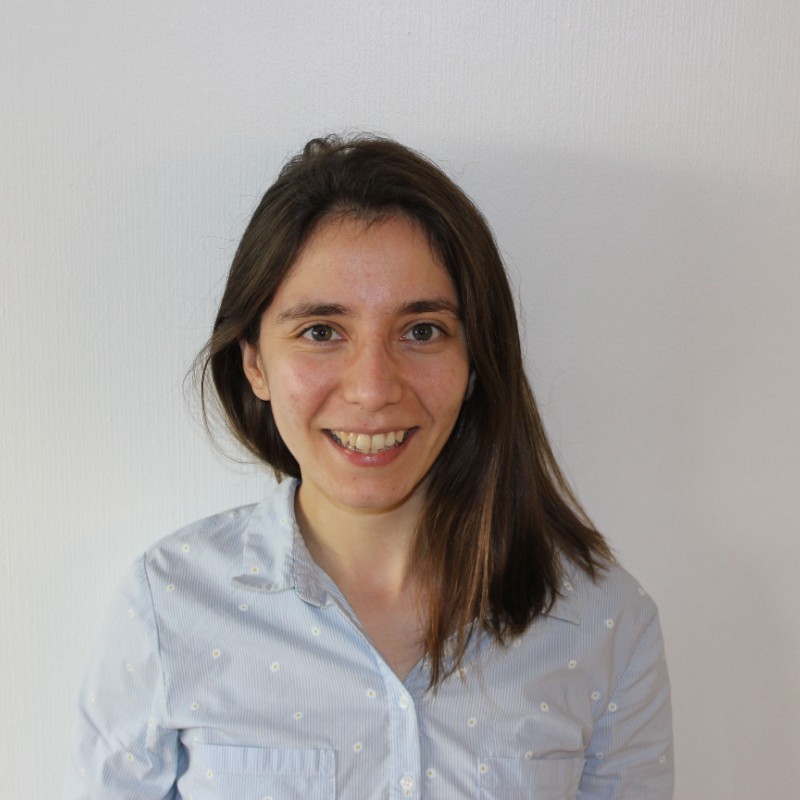Vision
The Andes del Sur Natural Laboratory is a territorial platform with unique characteristics in the world, where different knowledge converge to understand natural and human processes.
We seek to stimulate, collect, integrate and share scientific and technical information in an adaptive, articulated and transdisciplinary manner to improve the current and future life of the Southern Andes.
Executing Team

Dr. Carla Marchant S.
Project Manager
Geographer and Master in Urban Development from the Pontificia Universidad Católica de Chile. D. in Geography University of Innsbruck/Austria. His line of work is framed in human and rural geography and territorial transformations such as urban-rural links, family agriculture, agroecology and local ecological knowledge of communities in southern Chile.
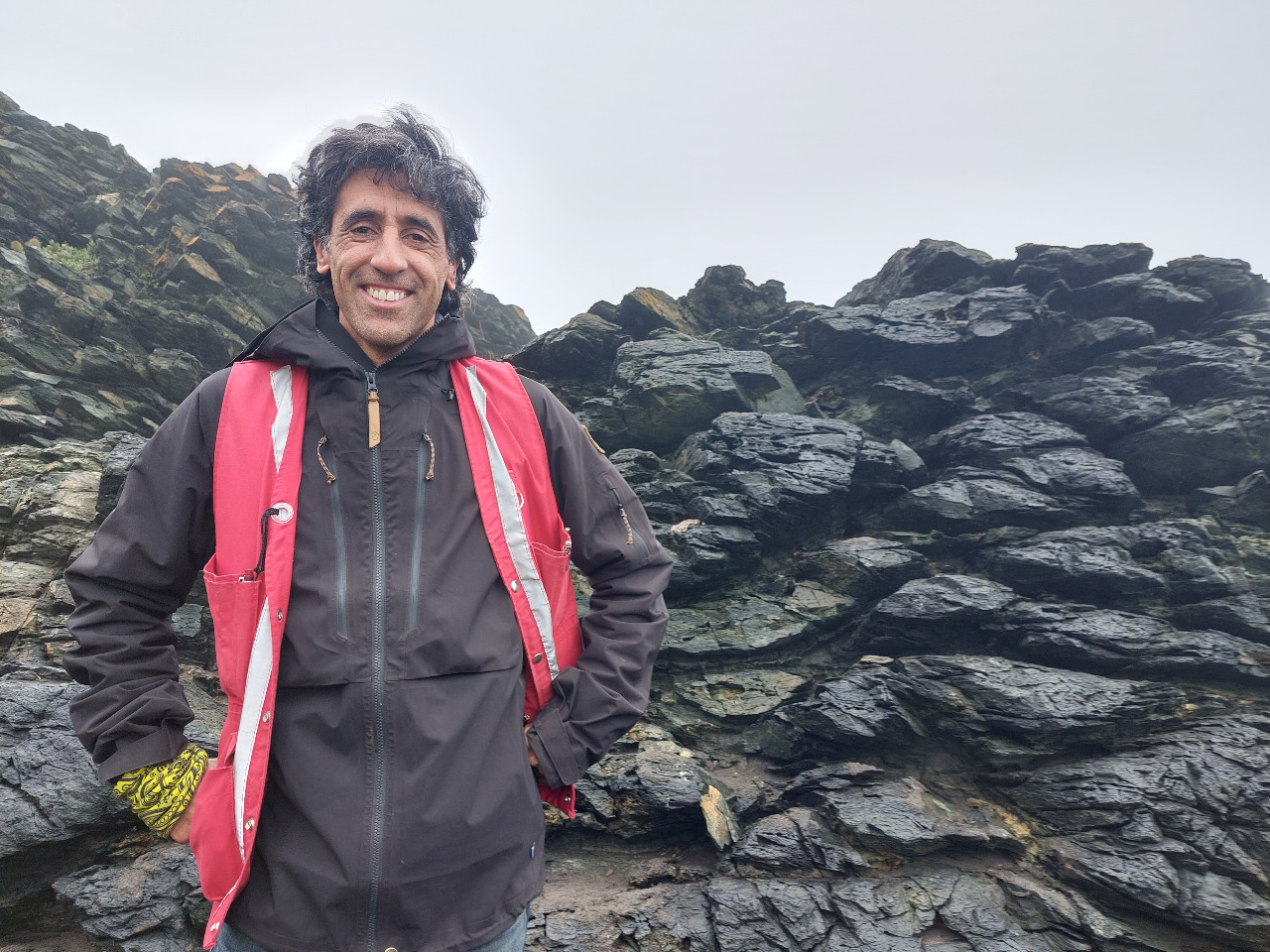
Manuel Schilling D.
Sub-director
Geologist from the Universidad de Chile, Bachelor’s degree in Physical Sciences and Mathematics and PhD in Sciences, mention in geology from the same university. He is currently an assistant professor at Universidad Austral de Chile. His main lines of research are the dynamics and evolution of the earth’s mantle, geodiversity, geological heritage and geoconservation, as well as the regional geology of the southern tip of South America.

Patricio Contreras F.
Executive Coordinator
Geographer, Universidad de Chile. His professional experience is linked to the territorial management of projects implemented by the public, private and academic sectors in the southern and southern macro-regions of Chile. He has been teaching at the Universidad Austral de Chile since 2014 where he develops the courses Terreno Integrado II (economic use of the territory), Terreno Integrado III (territorial analysis), Terreno IV (case studies), Thesis Seminar, Methodologies for the Territorial Management of Heritage and Participatory Research with a territorial approach. He is a partner of NGO POLOC since 2011 where he has developed diagnostics, research, design, planning and management of heritage projects integrating transdisciplinary teams.

Alejandra Zúñiga
Principal Investigator
Biologist and PhD in Biological Sciences from the Universidad de Concepción. Its objective is to understand the mechanisms that different plant species have to colonize stressful environments (low temperature and/or nutritional limitations). For this purpose, he and his team use native Chilean species as study models and integrate several levels of observation: biochemistry, anatomy and plant nutrition, as well as rhizosphere ecology.

Tomás Ibarra
Principal Investigator
Principal Investigator
Forest Engineer from PUC, Master in Environmental Anthropology University of Kent (UK), PhD in Forestry Sciences from the University of British Columbia, Canada.
His areas of research focus on the use of mixed methods in science and technology. Natural Sciences. Social systems for the understanding and management of complex adaptive systems such as forests, mountains and small-scale agricultural systems. The first line of research explores the influence of multiple factors such as land use, socio-demography and climate on taxonomic and functional biodiversity in different socio-ecosystems. The second line of research explores how certain local knowledge, practices and beliefs associated with ecosystem management can influence socio-ecological resilience and sustainability.

Pablo Sanchez
Principal Investigator
D. in Sciences, mention in Geology, U. of Chile. His line of research focuses on understanding the dynamic interaction between brittle deformation, fluid transport and mineralization in geothermal systems and epithermal deposits in the southern Andes. In particular, Dr. Sanchez is interested in the migration processes of hydrothermal fluids through fault and fracture networks, earthquake-triggered precious metal mineralization, metal transport in the crust, the effect of hydrothermal alteration and brittle deformation on the evolution of geothermal systems, and numerical modeling of heat transport and geochemistry of hydrothermal fluids. In parallel, he is interested in studying the economic and public policy aspects that can promote the use of geothermal energy in the Andes.
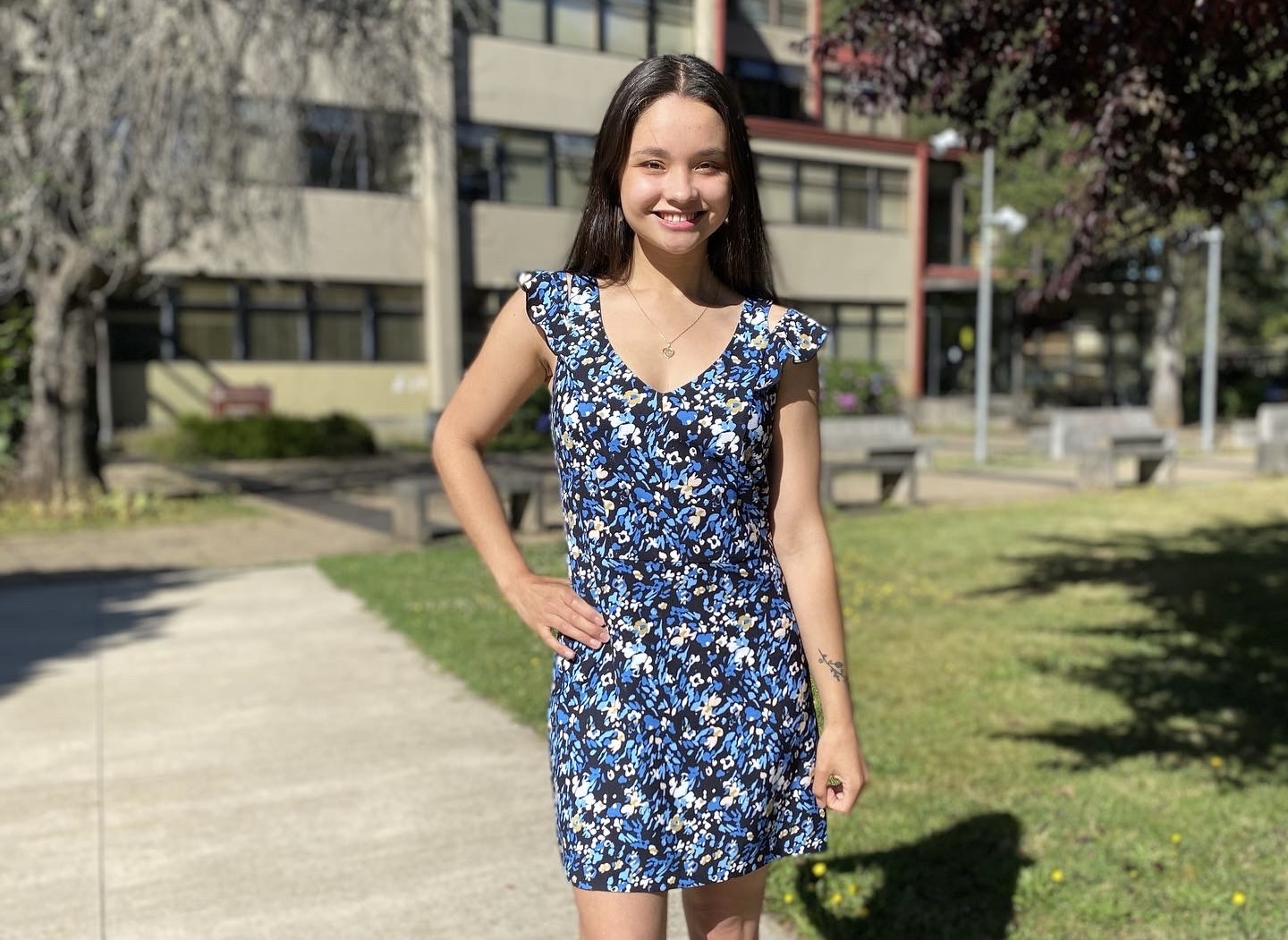
Alejandra González S.
Research assistant
Geologist from Universidad Austral de Chile with a Postgraduate Diploma in Hydrogeology Applied to Mining and Environment from Universidad de Chile. His interests are associated with environmental geology, hydrogeology and the conservation and valuation of geological heritage.
Between 2017 and 2019 he participated in the Public Good project “Development of Geotourism Products in the destination Patagonia Verde, Los Lagos Region”, where he conducted the first inventory of geodiversity sites in the commune of Chaitén and participated in the development of the book “Patagonia Verde: Geotourism Guide”.

Javiera Rubio P.
Research assistant
Geographer at Universidad Austral. She is the current research assistant of the Global Change Line: forest-soil-water resources interaction. His area of interest is related to the elaboration of bibliometric analyses and their respective study. He has worked in the elaboration of meta-analysis and systematization of scientific information.

Fernanda Olivares M.
Research assistant
Veterinary Doctor, Universidad de Chile. Master in Rural Development, Universidad Austral de Chile. His professional experience has been in areas related to sustainable rural development, rural extension and agroecology in the public, academic and private sectors in southern Chile. Currently, her research explores ethnoveterinary medicine in mountain territories and its contribution to food sovereignty and sustainability in the socio-ecosystems of the Andes of southern Chile. He is a member of the board of the Chilean Society of Agroecology (SOCLA-Chile). Her areas of interest are ethnoveterinary, agroecology and feminism, participatory action research and food sovereignty.
Researchers
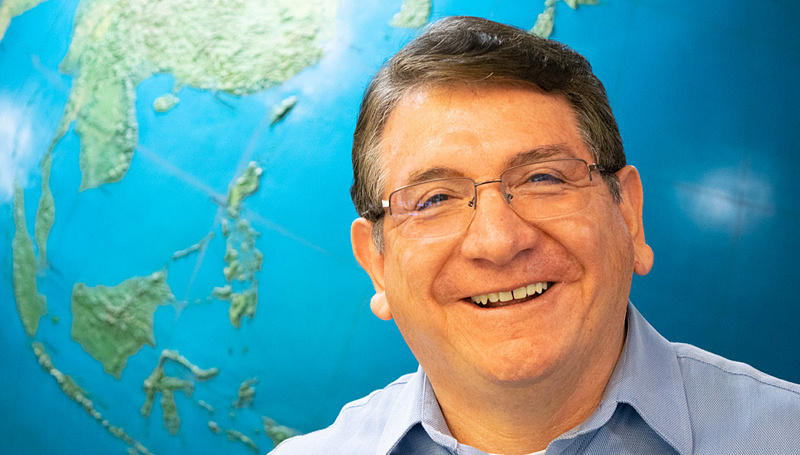
Fausto Sarmiento
He is a Professor of Mountain Science in the Department of Geography at the University of Georgia. He is also a Courtesy Professor in the School of Ecology and an Honors Faculty mentor. Previously, Dr. Sarmiento served as Co-Director of the Center for Latin American and Caribbean Studies and as Director of the Office of International Education.
Dr. Sarmiento has been involved in important processes of disciplinary and institutional change to promote sustainable development in mountain environments and in the restructuring of evaluation criteria used for landscape conservation in the Tropical Andes. He is currently Assistant Vice Chair (Capacity Building) of the Mountain Biome of the World Commission on Protected Areas (WCPA) and a member of the Protected Landscapes Working Group at the World Conservation Union (IUCN). He has published more than fifteen books and dozens of journals devoted to higher education, mountain research, biodiversity conservation, environmental planning, ecological theory and mountain community development. He is a consultant to UNESCO and IUCN on issues related to the conservation of mountain ecosystems and cultural landscapes.

Alida Perez
Geochemistry and Master of Science from the University of Chile. She is currently an academic in the Department of Geology at the same university. She was a Fulbright Scholar in 2014 at Cornell University (Ithaca, NY) where she did her PhD in Geological Sciences. His research focuses on studying the bio-geochemical reactions occurring at the Earth’s surface using numerical models and geochemical tracers to understand the evolution of the Earth System to the present day.

Ivo Fustos
Geophysicist, B.Sc. in Physics and Ph. Geological Survey of the U. de Concepción. His areas of interest are geosciences, geophysics, remote sensing and interferometry.
Hydrology, numerical modeling of hydrological processes, hydrological hazards, atmosphere-subsurface interaction, groundwater movement and mass removal processes are among his lines of research.

Millaray Curilem
Engineer in Computer Machines from the Instituto Superior Politécnico “José Antonio Echeverría”, Cuba, Civil Engineer in Computer Science from the Universidad de Chile, PhD in Electrical Engineering with mention in Information Systems from the Universidad Federal de Santa Catarina, Brazil. He is part of the Post-Doctorate Program of the Computer Engineering Department of the Universidad de Santiago de Chile.
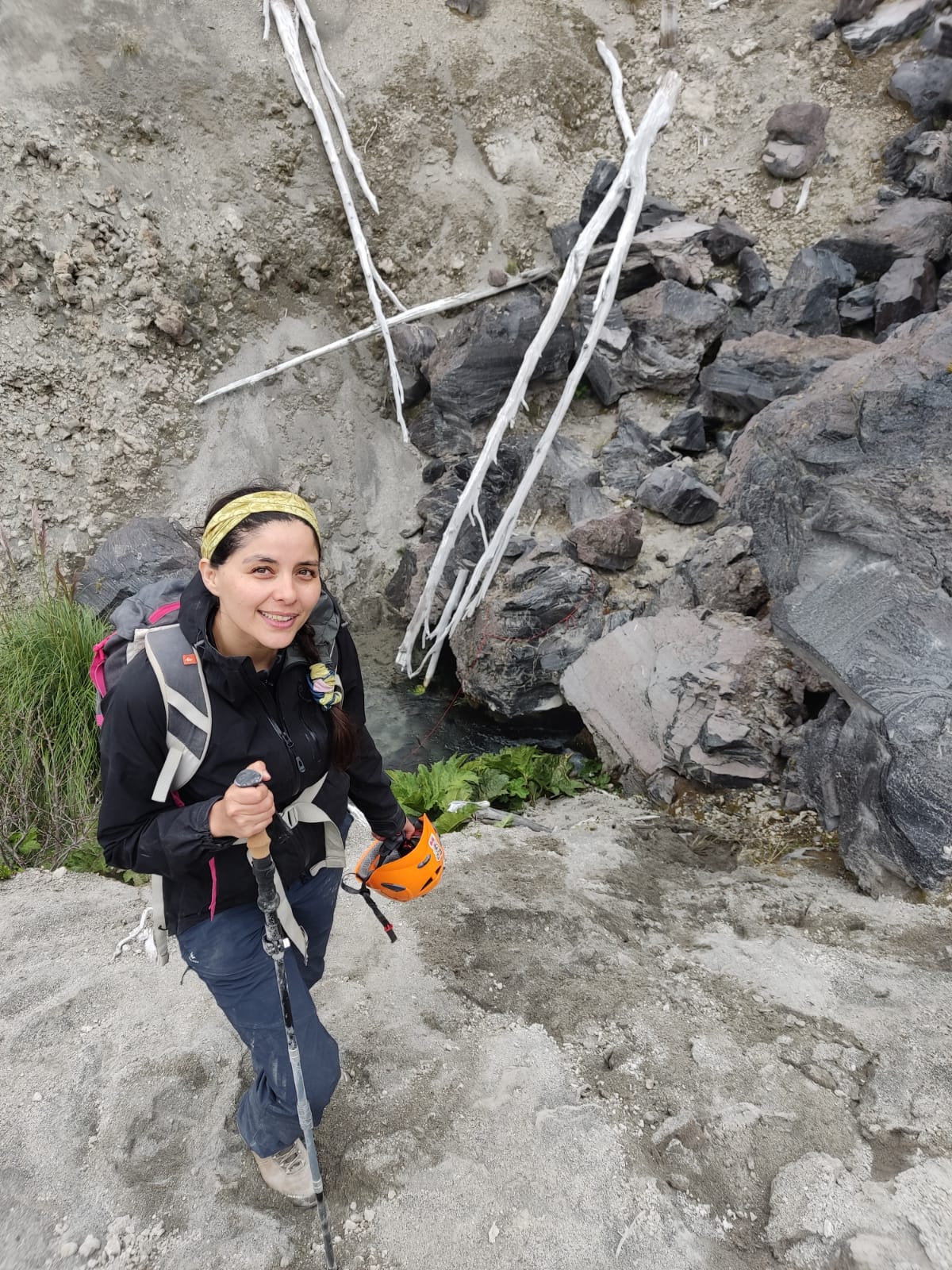
Fernanda Álvarez A.
Geologist and PhD in Sciences, mention in Geology, Universidad de Chile. His main areas of interest are the study of the evolution and migration of fluids in convergent margins, focused on understanding the processes that generate metallic and non-metallic deposits, through geological and geochemical proxies. She is currently an Assistant Professor in the Department of Earth Sciences of the Faculty of Chemical Sciences at the Universidad de Concepción.
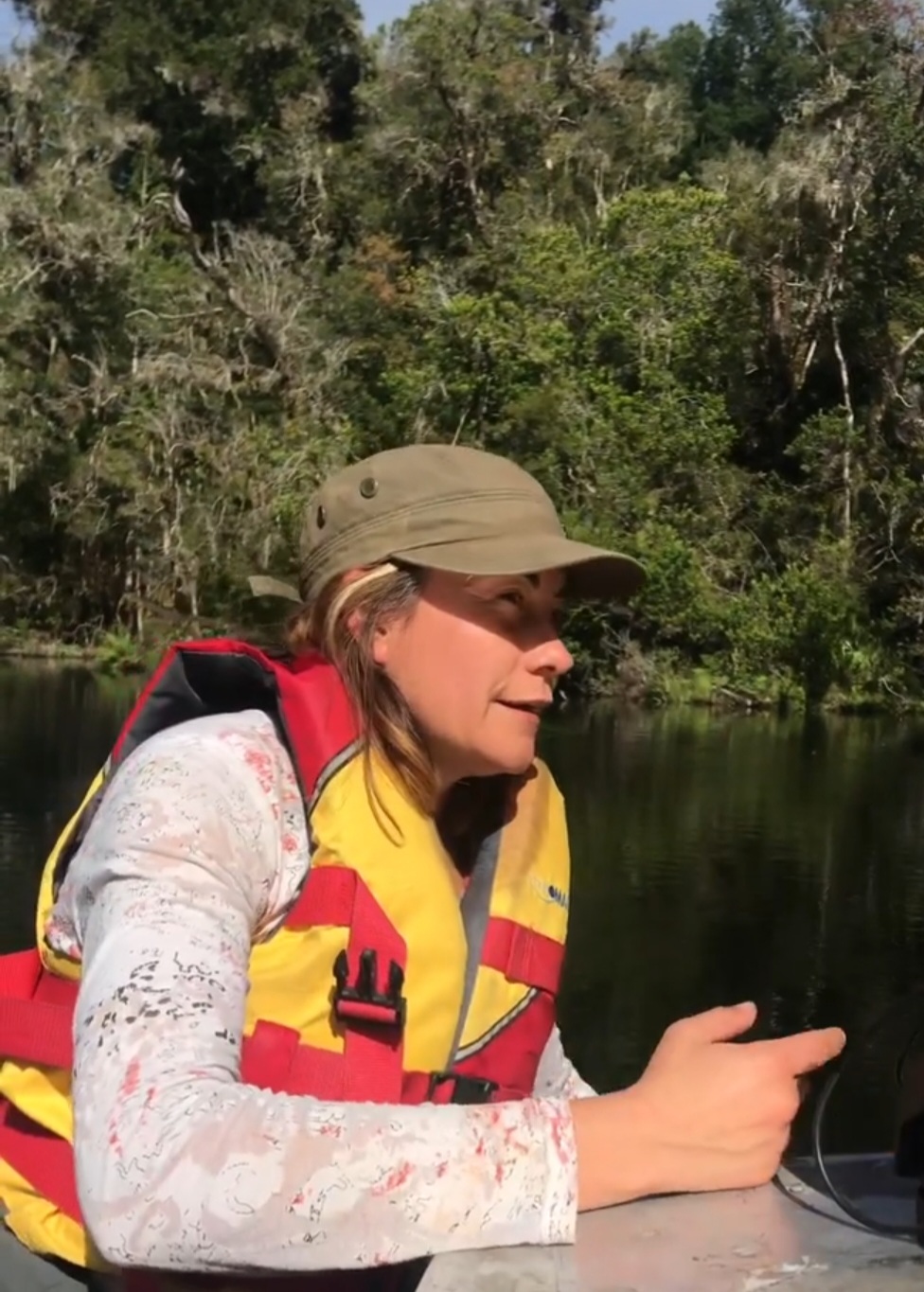
Ana Abarzúa
Degree in Biological Sciences from the Pontificia Universidad Católica de Chile, Master in Ecology and Evolutionary Biology from the Universidad de Chile and PhD in Forestry Sciences from the Universidad Austral.
His areas of research are palynology, paleoecology, biogeography and paleoclimatology.
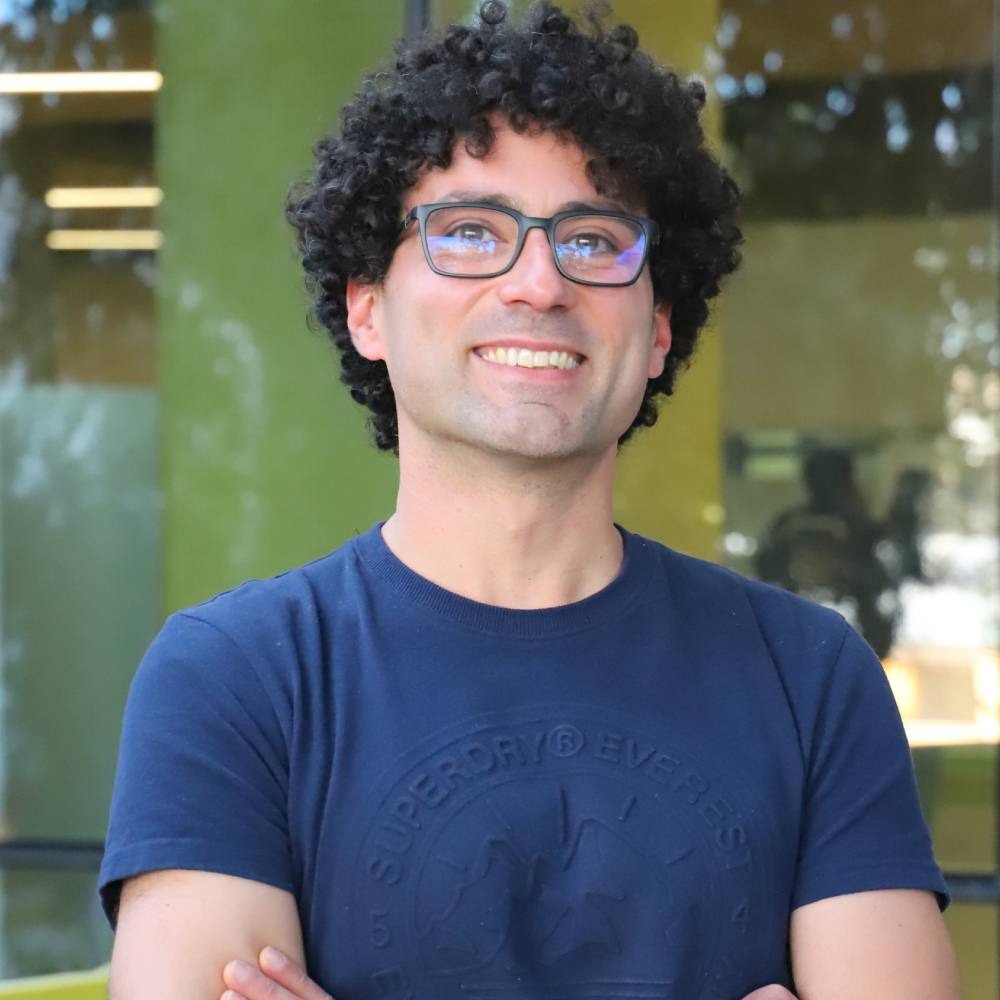
Daniele Tardani
Geologist from the University of Florence and PhD in Sciences, mention in Geology from the University of Chile. In recent years he has worked in academia and private industry on geothermal and environmental remediation projects.
He is currently a professor at Universidad Austral de Chile. At CEGA he works in the research line “Fluid Geochemistry and Isotopics”.
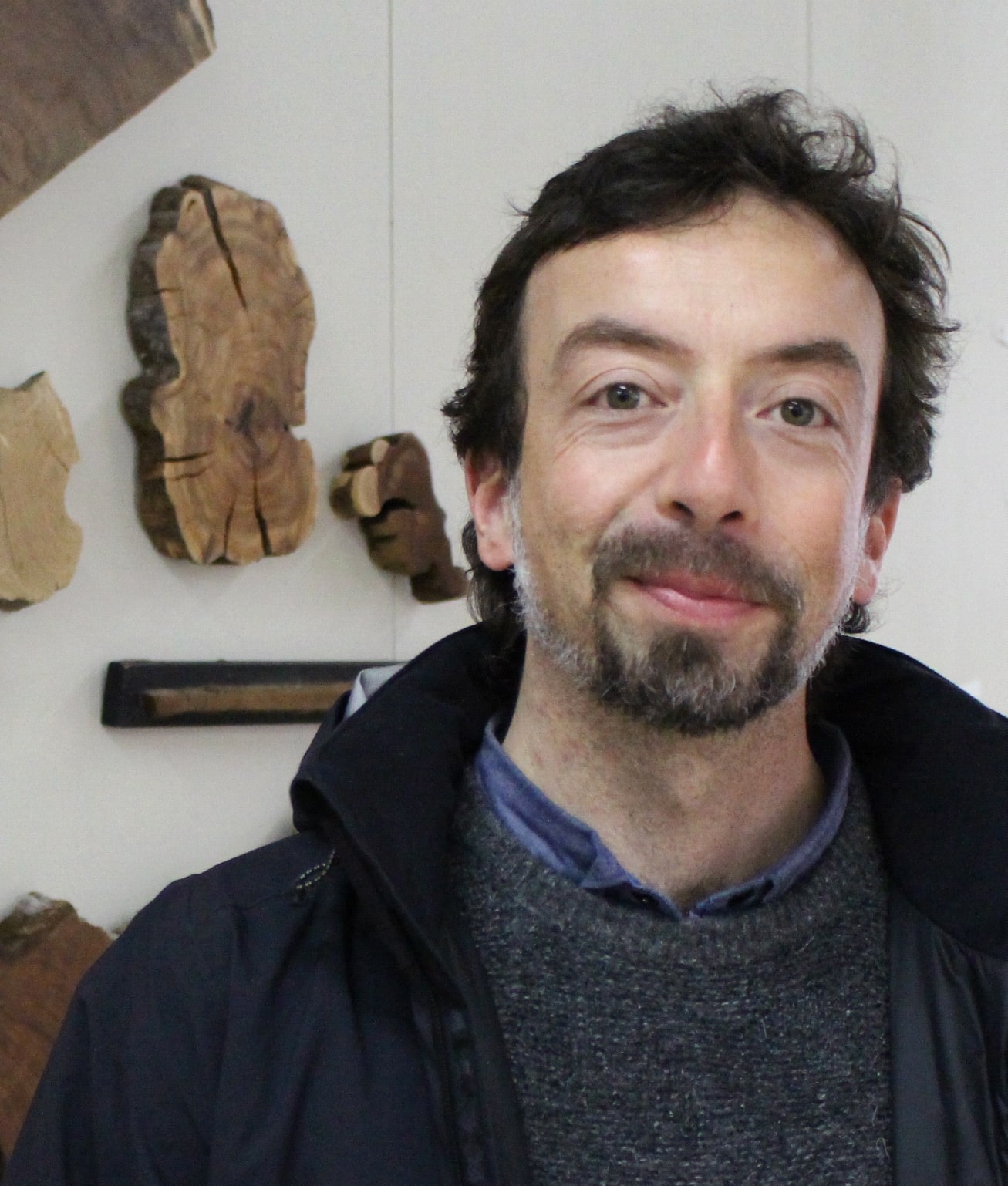
Duncan Christie
Associate Professor of the Institute of Conservation, Biodiversity and Territory, Faculty of Forestry and Natural Resources, Universidad Austral de Chile. Biologist, Bachelor’s Degree in Biological Sciences, Universidad Católica de Valparaíso. D. in Forestry Sciences, Universidad Austral de Chile. His areas of research and interest are paleoclimatology, environmental sciences and forest ecology.

Isabel Margarita Rojas
Postdoctoral Researcher in the Socio-ecology of Riverbanks at the Pontificia Universidad Católica de Chile, Villarrica, Chile. The emphasis in his research is focused on improving the sustainability of landscapes through the protection, restoration and sustainable management of riparian areas along watersheds.

Marius Schaefer
D. in Physics from the Federal Institute of Technology in Zurich, Switzerland and a Diploma in Physics from Albert-Ludwigs-Universität Freiburg, Germany. His lines of research and areas of interest are glaciology, mass balance, climate-glacier interactions, ice flow, calving, natural hazards associated with glaciers, fluids, naturally occurring gravity flows and numerical modeling.
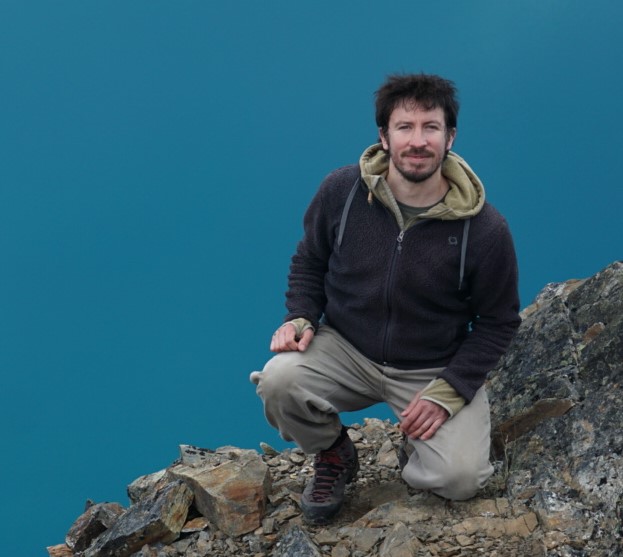
Tomás Altamirano
Forestry Engineer from the University of Chile, Natural Resources from the Catholic University of Chile and Agricultural Sciences and Natural Resources from the University of Chile. His research is focused on applied ecology and biodiversity conservation, with the objective of understanding the distribution of life and the processes that influence its persistence and resilience in environmental and anthropological gradients.
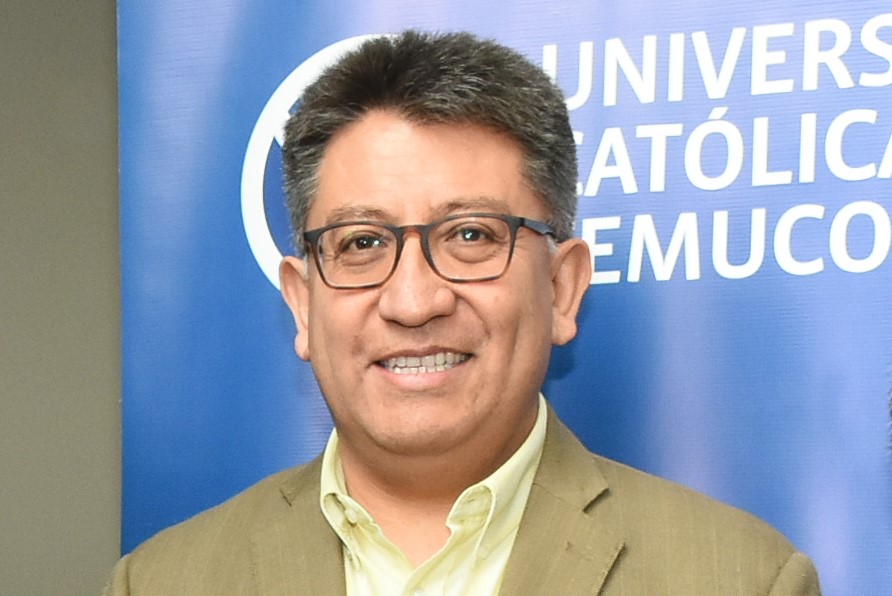
Fernando Peña
Professor of History and Geography at the University of Concepción and Doctor in Environmental Sciences at the same University. He is a full professor at the Universidad Católica de Temuco. Founder and Director of the Territorial Planning Laboratory (www.lpt.cl) and of the Master’s Program in Territorial Planning and Management (Accredited). He has an active participation in national and international networks and groups of geographic sciences such as, for example, in the Chilean Society of Geographic Sciences and as Coordinator of Chile in the Ibeoroamerican Network of Integrated Coastal Management (IBERMAR).
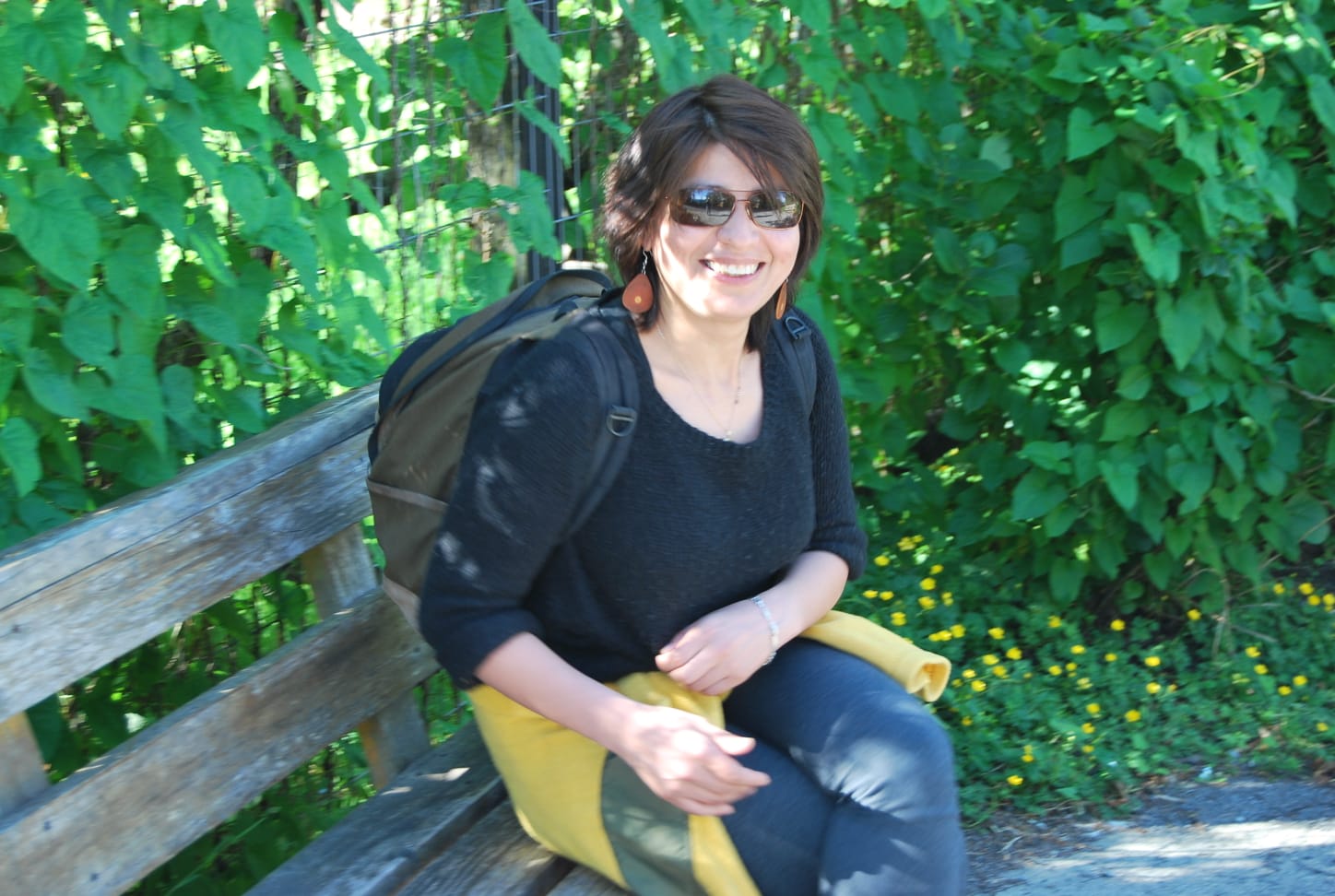
Marisela Pilquimán
D. in Geography from the Universidad Autónoma de Madrid (UAM), Madrid, Spain; and Master in Rural Development from the Universidad Austral de Chile (UACh), Valdivia, Chile. Diploma in Advanced Studies in Geography and Diploma in Intercultural Social Mediation from the Universidad Autónoma de Madrid. Tourism Business Administrator from Universidad Austral de Chile.
Researcher associated with the Urban and Tourism Studies Research Group (URByTUR) of the Universidad Autónoma de Madrid. She is also a member of the Society of Researchers in Tourism in Chile, SOCIETUR, as Vice President, associate research professor at the Transdisciplinary Center for Environmental Studies and Sustainable Human Development (CEAM) of the Universidad Austral de Chile and founding member of the Manfred Max-Neef Foundation.
She is currently an academic at the Institute of Tourism of the Faculty of Economics and Administrative Sciences of the Universidad Austral de Chile and dean of the same faculty.
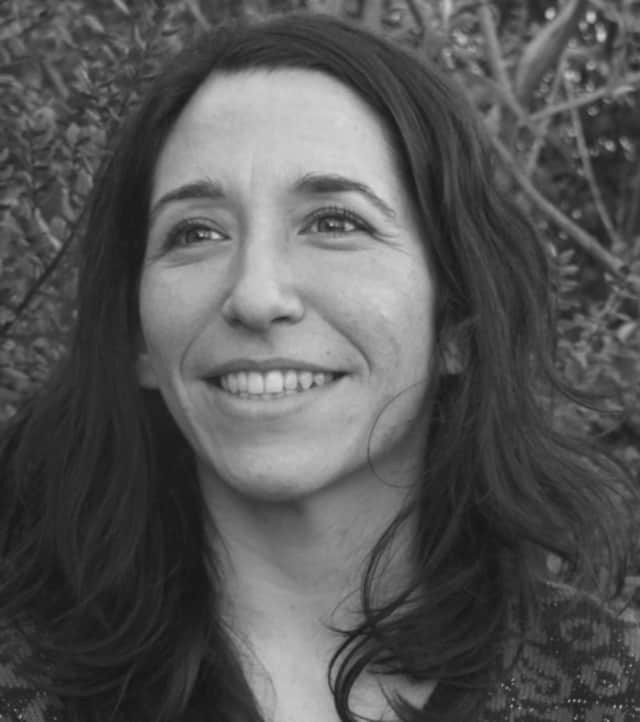
Andrea Pino
Veterinarian from Universidad Austral. She is Director of the Transdisciplinary Center for Environmental Studies and Sustainable Human Development, UACh. His areas of study are focused on the conservation of biological and cultural diversity, political ecology, landscape ecology, ontology and epistemology of nature.

Katherine Hermosilla
D. in Geography from the Pontificia Universidad Católica de Chile, Master in Territorial Planning and Management and Biologist in Natural Resources Management. His lines of work are social-ecological systems, ecosystems, landscape ecology and fluvial functionality. In addition, he has done teaching, courses and research and development consultancies in environmental education, territorial planning and management, biodiversity, biogeography, physical geography and social landscape.
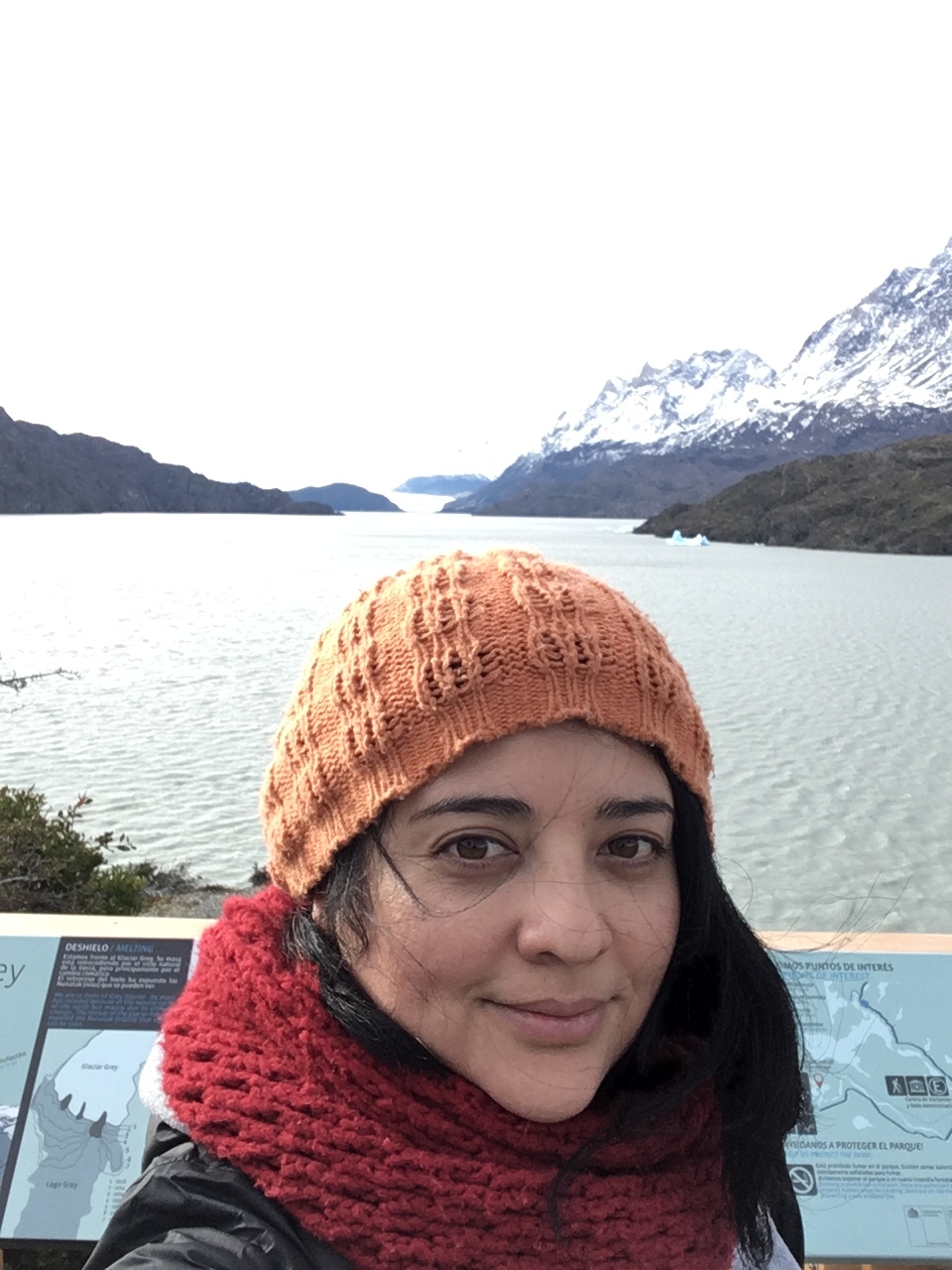
Juana Martel
She has a degree in Biological Sciences from the UACh, a Master’s degree in Biological Sciences from the Universidad de La Serena and a PhD in Forest Ecosystems and Natural Resources from the UACh. Her line of research addresses environmental changes (triggered by climate, natural disasters, and/or human activity) associated with vegetation dynamics and paleo-firesas well as paleolimnological paleolimnological conditions in different ecosystems of central-southern Chile during the last 20 thousand years (late Pleistocene-Holocene). His technical specialties include pollen and fossil carbon analyses, (paleo)-ecology of chironomids (Chironomidae) and plants of temperate and high Andean ecosystems.
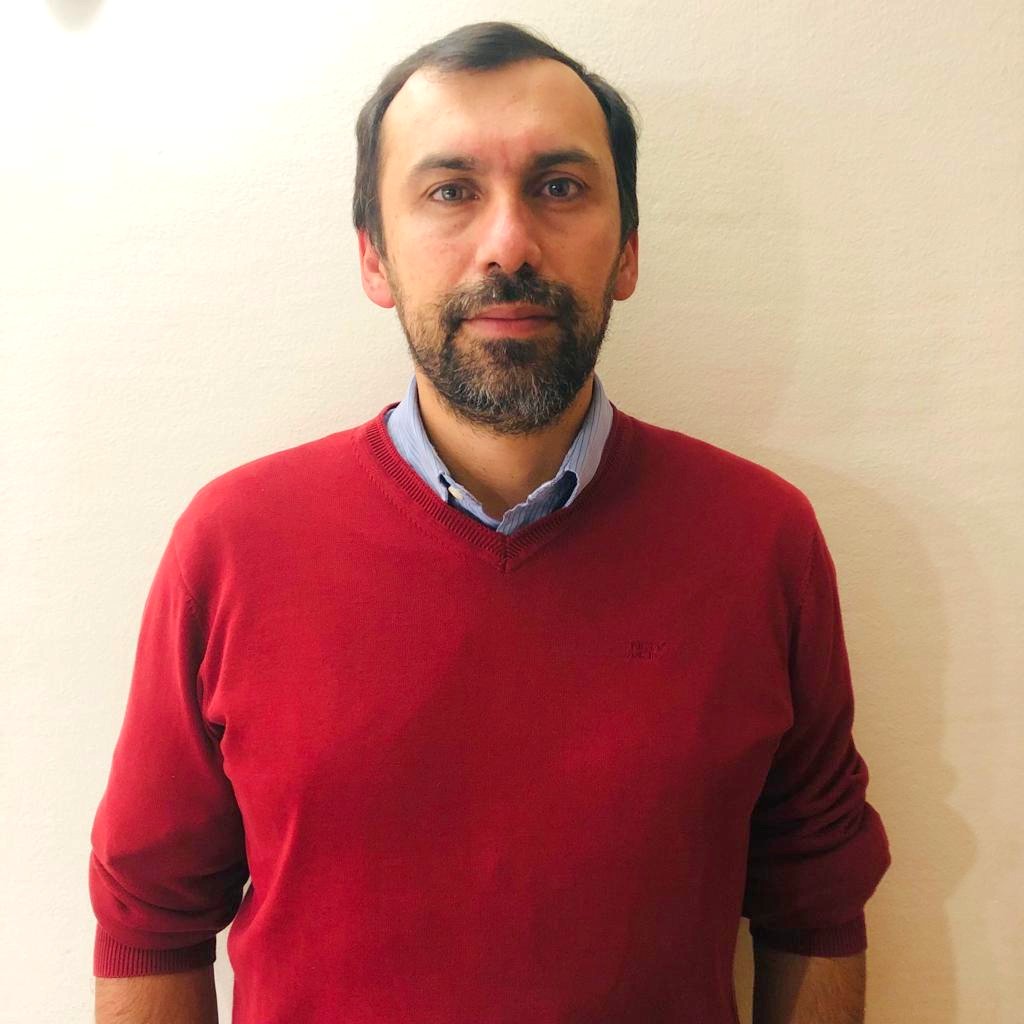
Andres Fuentes
Degree in Biology and Natural Resources from the Universidad Católica de Temuco, Master in Botany from the Universidad de Concepción and PhD in Ecology and Evolutionary Biology from Iowa State University, USA.
His line of research focuses on fire and its impacts on natural forests, particularly in primary Araucaria-Nothofagus forests in the southern Andes of South America. In addition, it studies the ecology of invasive plant species and their interactions with both biotic and abiotic features within the new range.
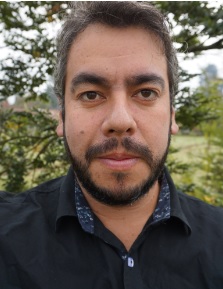
Leonardo Almonacid
Environmental Biologist, Master in Biological Sciences, mention in Microbiology, PhD in Natural Resources Sciences. The study of stress induction tolerance of microorganisms to different factors, for example, the tolerance of microorganisms to water deficit or drought stress, is dedicated to the study of stress induction tolerance of microorganisms to different factors, for example, the tolerance of microorganisms to water deficit or drought stress. His research is related to the study of microorganisms and evaluation of their role as plant growth promoters and stress tolerance inducers in plants.
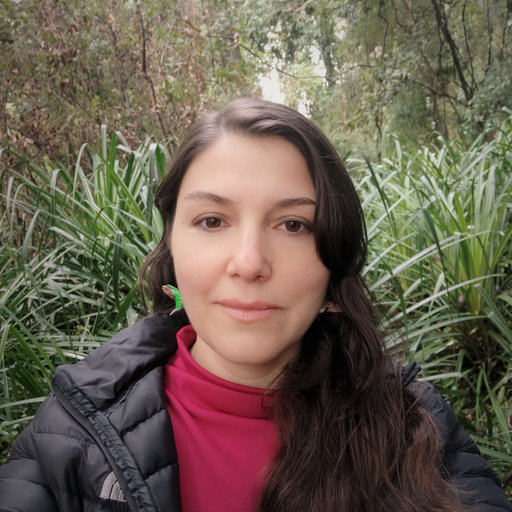
Nicol Colin
D. in Biodiversity from the University of Barcelona and M.Sc. in Zoology from the University of Concepción. Academic at the Institute of Environmental and Evolutionary Sciences of the Universidad Austral de Chile.
His research interest is focused on the study of the structure and functioning of inland aquatic communities, mainly fish, given their importance as an indicator group. One of its main objectives is to increase the existing knowledge of the ecology and biology of populations and communities to understand their response to the multiple effects of environmental stressors, mainly of anthropogenic origin, highlighting pollution, alteration of habitat structure, and invasion of exotic species as the most common problems.
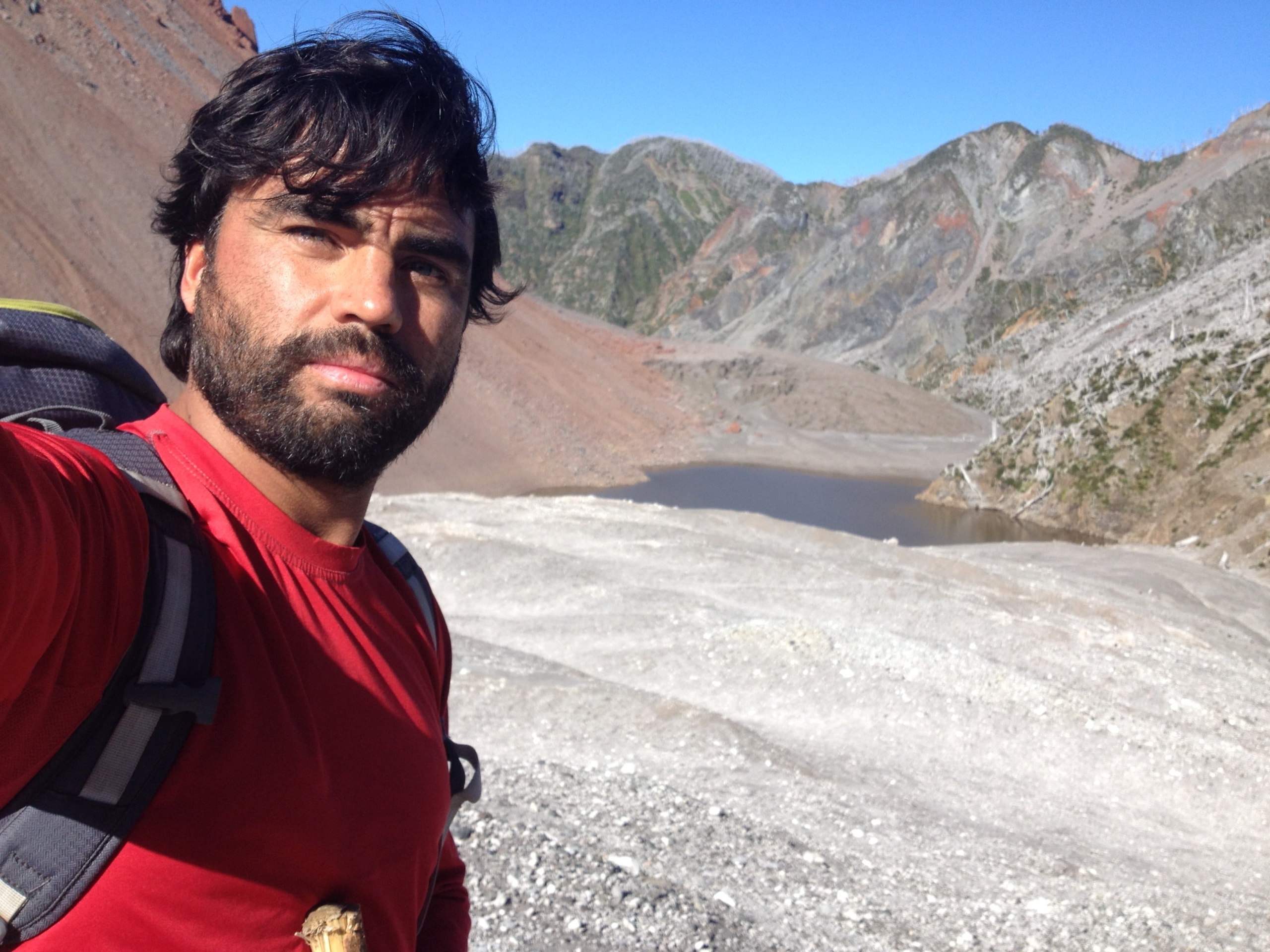
Daniel Basualto
Vulcanologist, Geologist and PhD in Geological Sciences from the School of Civil Works Engineering of the Universidad de la Frontera. His line of research aims to understand the preconditions that trigger volcanic eruptions, analysis of active faults that control the ascent of magmas, landslides and the consequences on infrastructure and population.

Mauricio Pereira
Agricultural engineer from Universidad Austral de Chile, specialist in plant nutrition and soil fertility, with a strong link to the agricultural sector, through professional training, contact with local producers and productive experience in the horticultural sector. D. candidate in Agricultural Sciences at UACh with emphasis on crop nutrition and physiological response to aluminum toxicity in leaf and root vegetables.
He has been a research assistant in several FONDECYT projects covering areas of soil physics, plant nutrition of crops and the response of species colonizing volcanic substrates.
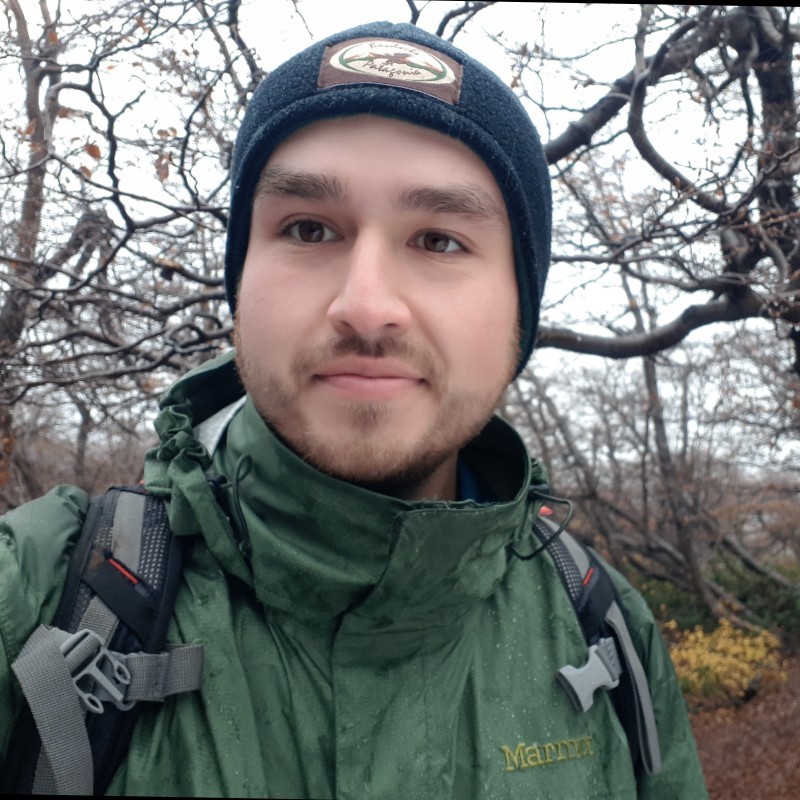
Daniel Vasquez
Geologist of the Universidad de la Frontera. His research interests are focused on geotourism and geoconservation, mass removal, structural control in the ascent of magma in volcanoes, hydrogeology in volcanic terrains, volcanic seismology, tephrostratigraphy, specialized geological mapping of volcanic areas, and the elaboration of professional quality geological maps using GIS software.
He has extensive knowledge of the geology of southern Chile, especially in the Araucanía region, in hydrogeological prospection of groundwater resources through Vertical Electrical Sounding (SEV) tests, in deployment of temporary seismic networks, in knowledge of field work and laboratory analysis in geotechnical engineering, in numerical modeling of static and dynamic conditions using the Finite Element Method (FEM), in the evaluation of site effects with the HVSR (Horizontal to Vertical Spectral) method and in the use of images of the site using the FEM (Finite Element Method), in numerical modeling of static and dynamic conditions using the Finite Element Method (FEM), in evaluation of site effects with the HVSR (Horizontal to Vertical Spectral) method and in the use of multispectral satellite images for the evaluation of surface deformation processes using the PSI (Persistent Scatterer Interferometry) technique.
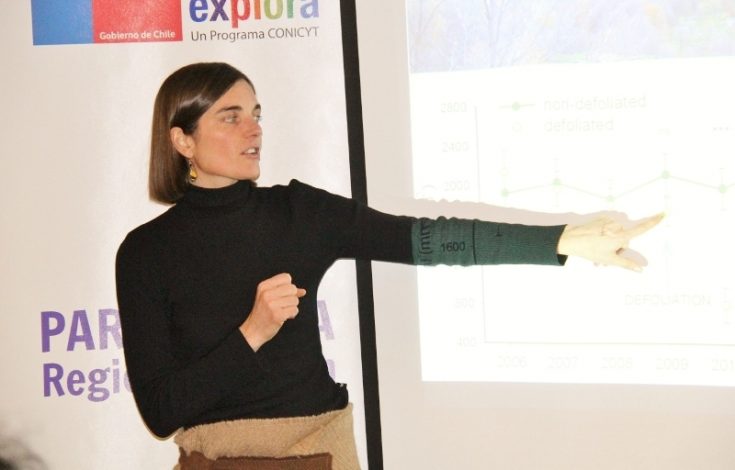
Frida Piper
D. in Biological Sciences c/m Botany from the Universidad de Concepción. Degree in Renewable Natural Resources Development and Agricultural Engineering from Universidad Nacional de La Pampa, Argentina. Resident researcher of the research line Terrestrial Ecosystems. Specialist in plant ecophysiology; the study of plant-environment relationships. She is also a research associate at the Instituto de Evolución y Biodiversidad de Chile – IEB and associate editor of the Journal of Ecology.

Cristian Farias
D. in Geophysics from the University of Bonn, Germany, and current director of the Department of Civil Works and Geology of the Universidad Católica de Temuco. His research work is linked to earthquakes and volcanic activity in Chile, particularly volcanic emergency plans, scientific communication and geoheritage training in the Kütralkura Geopark.
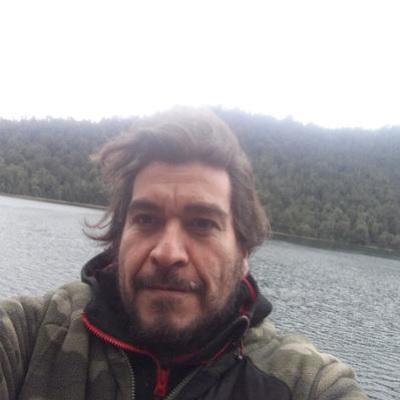
Luciano Caputo
Bachelor of Science in Biology from the University of Chile. D. in Ecology from the University of Barcelona, Spain. His line of work is framed in integrated watershed management, participatory monitoring of river ecosystems, conservation of aquatic systems and ecology of invasive hydrobiological species.
Collaborators
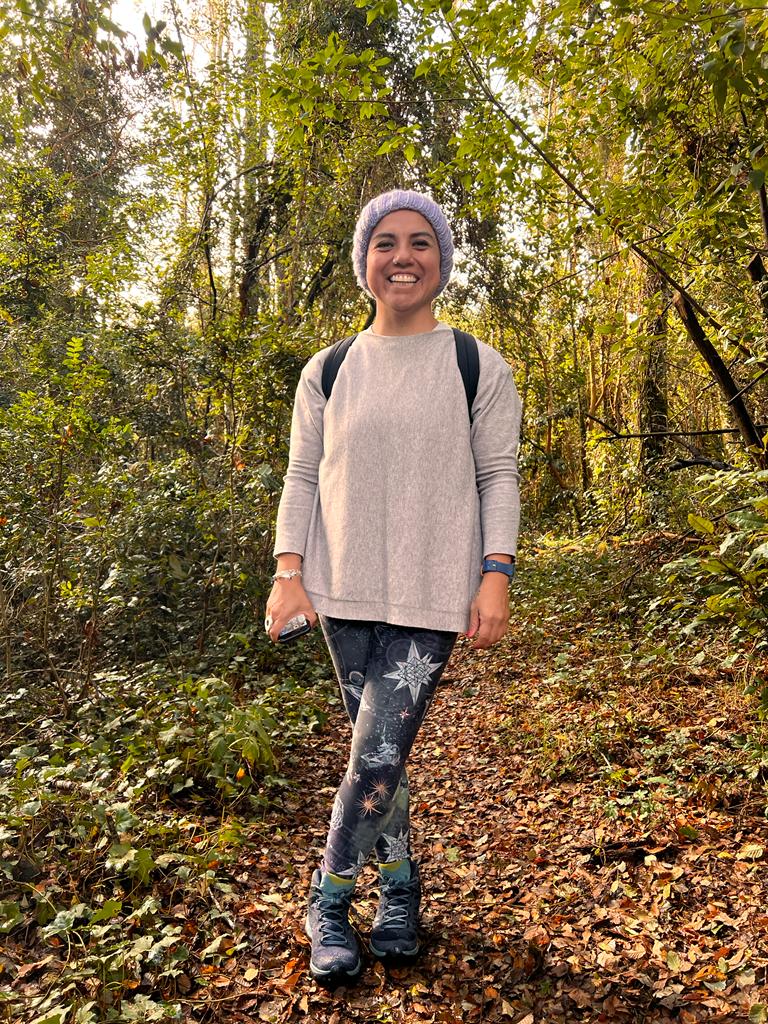
Mariana Campos Perez
Journalist at PUC. He spent most of his working career in Santiago, writing for various magazines. She was editor of the local versions of Peru and Ecuador of LAN Airlines’ IN Magazine and later general editor of Latin American content for Latam Airlines’ Vamos Magazine. He then sought to approach the world of outdoor sports and nature conservation. She was editor of Escalando Magazine and was in charge of communications at Fundación Plantae, in Valdivia.
Technical Committee
It is an executive, scientific-technical, consultative, deliberative and binding body and will be in charge of ensuring the proper performance of all functions and activities proposed for the development and governance of the Andes del Sur de Chile LN. The committee will be chaired by the director of LN and will include representatives from the public, private and civil society sectors.
The mission and objectives of the LN Technical Committee are: i) Ensure the participation of the key actors of the CTCI ecosystem, ensuring efficient coordination among them and the representativeness of the 3 regions that make up the proposed LT, ii) Advise the project team, provide feedback and support the coordination and execution of activities, ensuring compliance with the progress made and the quality of the results obtained, iii) Participate and support in the articulation instances (meetings, workshops, etc.) of the LN with other relevant stakeholders of the project. iv) To ensure compliance with the objectives set forth in the LN roadmap.

Group of experts
The group of experts emerges from both the Natural Laboratory researchers and the CTCI ecosystem (public, private, academic and civil society managers of the territory). This group contributes to the project in 4 aspects:
1. Review and elaboration of concepts: where they provide elements for the definition of key actors of the Natural Laboratory.
2. Correction and definition of the sample: the experts provide names to correct the list of people who will make up the final delphi group, as well as to identify the stakeholders of the territory who will be part of the technical committee, the participation workshops and the focus groups.
3. Characterization of the territory: the experts provide information on the obstacles, potentialities and challenges of the LN MAS – Chile, outstanding actions, its protagonists, and the relationships between sectors or groups present there.
4. Follow-up and recommendations for project implementation.
